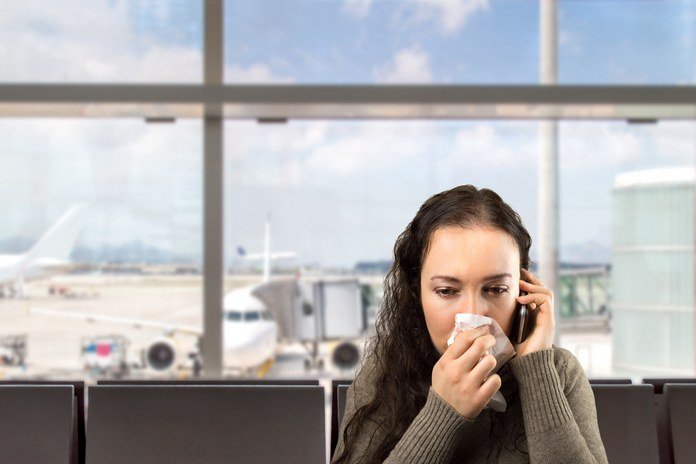Fever and chills

Patients with an acute event would often have fever as another important symptom. We described inflammation as an important part of the equation, one that triggers nausea, vomiting, and even abdominal pain. When the gallbladder gets infected, the inflammation escalates, and it might become a deadly problem requiring urgent surgical treatment.
But even if your gallbladder is not yet infected, it is possible to have a moderate raise to your body temperature. It is commonly a persistent fever, and it becomes higher as the problem aggravates. It is commonly associated with chills as well, and this is a response mechanism in your body to increase the body temperature and try to attack the infection.

